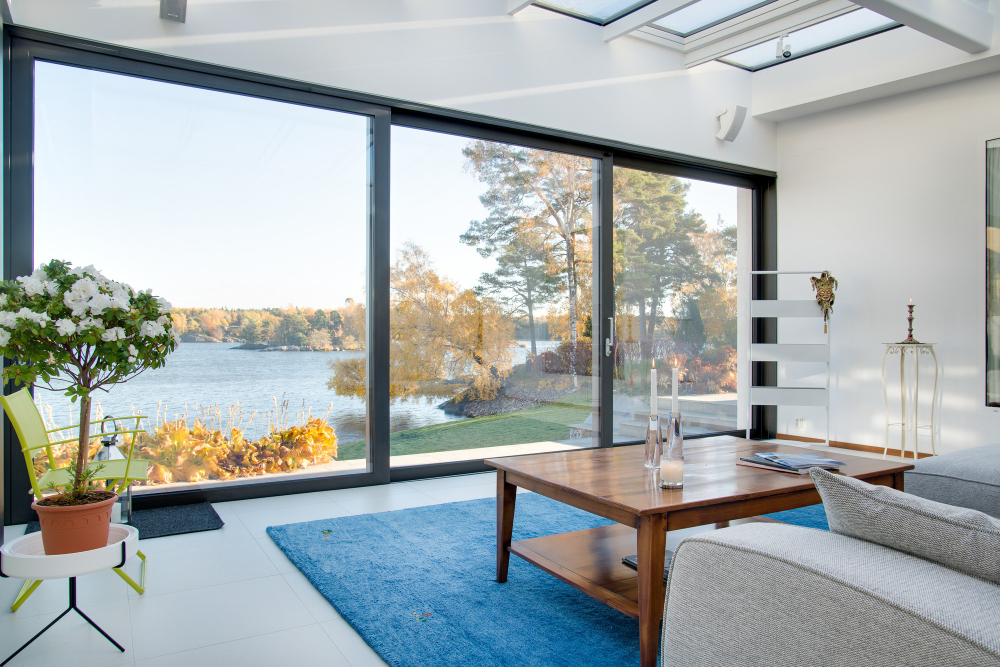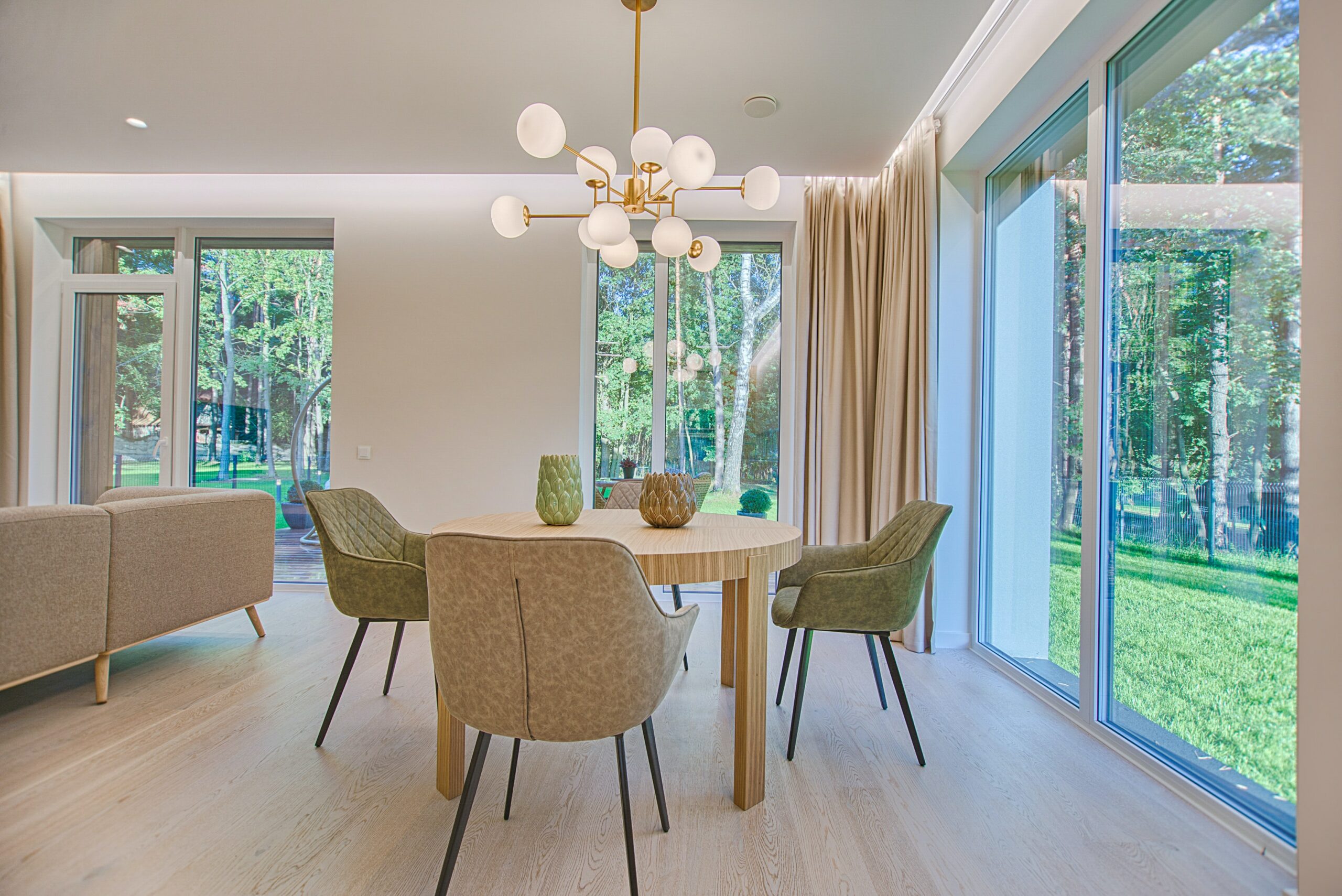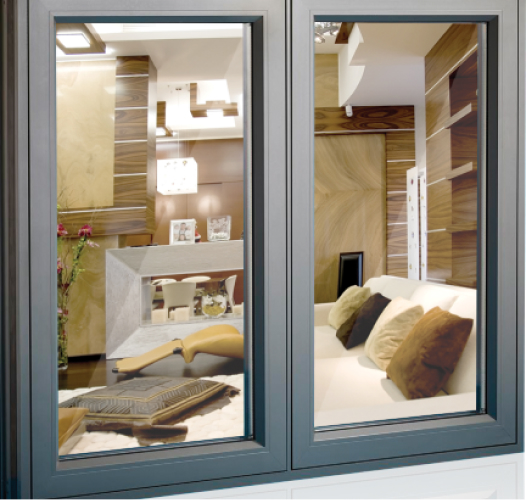When it comes to choosing the right windows for your home or office, you are faced with various options. Two popular choices in the market today are UPVC (unplasticized polyvinyl chloride) and aluminum windows. Both materials offer their unique set of advantages and considerations. In this article, we will explore the differences between UPVC and aluminum windows, helping you make an informed decision for your specific needs.
Understanding UPVC Windows
UPVC, or unplasticized polyvinyl chloride, is a popular material used in window manufacturing. It is known for its durability, weather resistance, and thermal insulation properties. UPVC windows are made from rigid PVC without the addition of plasticizers, making them stronger and more stable.
Advantages of UPVC Windows
Energy Efficiency
UPVC windows are excellent at insulating your home or office, helping to reduce heat transfer and keep your interiors comfortable. The thermal insulation properties of UPVC windows can result in energy savings and reduced heating or cooling costs.
Low Maintenance
One of the significant advantages of UPVC windows is their low maintenance requirements. Unlike wood, UPVC does not rot, warp, or require regular painting. They are easy to clean and maintain their aesthetic appeal for years with minimal effort.
Enhanced Security
UPVC windows offer enhanced security features. They often come with multi-point locking systems and sturdy frames that provide increased protection against break-ins and intrusions.
Noise Reduction
The insulation properties of UPVC windows not only help with temperature control but also reduce external noise. If you live in a noisy area or near a busy street, UPVC windows can provide a quieter and more peaceful environment indoors.
Considerations for UPVC Windows
Limited Color Options
While UPVC windows offer a variety of colors and finishes, the range may not be as extensive as with other materials like aluminum. If you have specific color preferences for your windows, it is essential to check the available options.
Expansion and Contraction
UPVC has a higher coefficient of expansion and contraction compared to materials like aluminum. Extreme temperature variations may cause slight movements in UPVC windows, which can affect their long-term performance.
Environmental Impact
Although UPVC is a recyclable material, its production involves the use of fossil fuels. It is essential to consider the environmental impact of UPVC windows, especially if sustainability is a priority for you.
Understanding Aluminum Windows
Aluminum windows are known for their strength, sleek design, and versatility. They offer a contemporary look and can complement modern architectural styles. Aluminum is a lightweight and corrosion-resistant material, making it suitable for various climates.
Advantages of Aluminum Windows
Strength and Durability
Aluminum windows are highly durable and resistant to weather conditions. They can withstand extreme temperatures, high winds, and moisture without warping or rotting.
Sleek Design
Aluminum frames allow for slim sightlines, maximizing the glass area and providing unobstructed views. The sleek and modern design of aluminum windows adds a touch of elegance to any building.
Wide Range of Colors
Aluminum windows offer a wide range of color options, including standard and custom finishes. This allows you to match your window frames with your overall design aesthetic.
Recyclability
Aluminum is a fully recyclable material, making it an eco-friendly choice. When you choose aluminum windows, you contribute to reducing waste and minimizing the environmental impact.
Considerations for Aluminum Windows
Heat Conductivity
Aluminum is a metal with high thermal conductivity. This means that without proper insulation, aluminum windows can allow more heat transfer between the interior and exterior of your space. However, advancements in thermal break technology have improved the energy efficiency of aluminum windows.
Maintenance Requirements
Aluminum windows may require occasional maintenance to prevent corrosion. Regular cleaning and inspection of seals and hardware can help ensure optimal performance and longevity.
Cost
Aluminum windows tend to be more expensive than UPVC windows. The cost can vary depending on the design, size, and additional features you choose. It is important to consider your budget constraints when making a decision.
Choosing the Right Option for You
When deciding between UPVC and aluminum windows, several factors come into play:
Climate and Weather Conditions
Consider the climate and weather conditions in your area. UPVC windows offer excellent thermal insulation, making them ideal for colder climates. On the other hand, aluminum windows can withstand high winds and are suitable for coastal regions.
Design Preferences
Evaluate your design preferences and the architectural style of your property. UPVC windows are versatile and available in various styles, while aluminum windows are known for their sleek and modern appearance.
Budget Constraints
Set a budget for your window replacement project. UPVC windows generally have a lower price point compared to aluminum windows. However, it is important to weigh the long-term benefits and durability of both options.
Long-Term Goals
Consider your long-term goals for your property. If sustainability is a priority, UPVC windows may be a better choice due to their recyclability. However, if you value strength, modern aesthetics, and customization options, aluminum windows could be the right fit.
Choosing between UPVC and aluminum windows requires careful consideration of various factors, including energy efficiency, maintenance requirements, design preferences, and budget constraints. Both options offer their unique advantages and considerations. By assessing your specific needs and priorities, you can make an informed decision that enhances the aesthetics, functionality, and comfort of your space.




